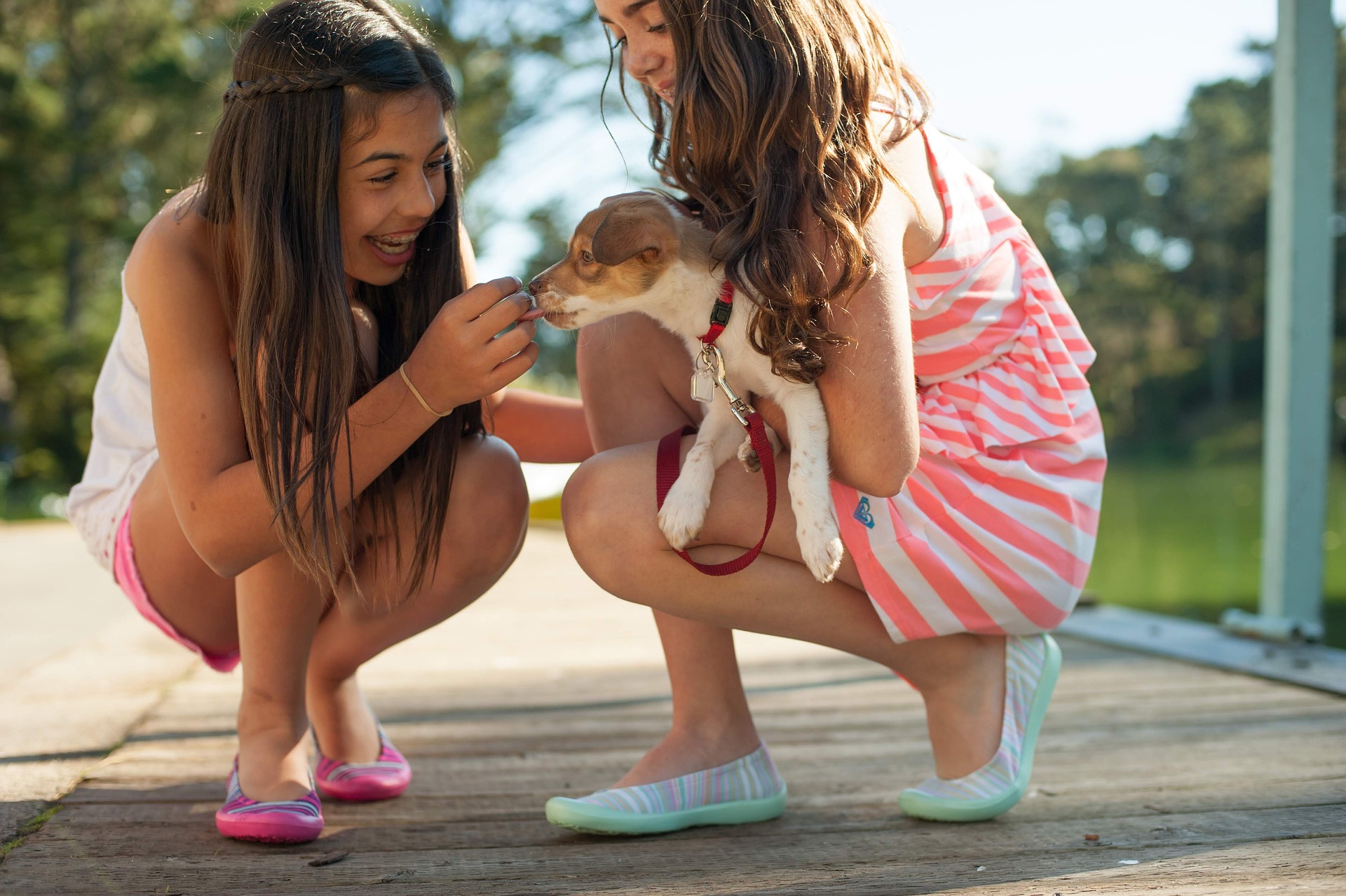The Remarkable Role of Pets in Children's Development
Pets can bring immense joy and companionship to a family, but did you know they also play a crucial role in children's development? From teaching responsibility to boosting self-esteem, pets can significantly contribute to a child's growth. Read below to discover the remarkable role of pets in children's development.
Emotional Development
Pets can be a great source of comfort, companionship, and love. They can help children develop empathy by teaching them to understand and respond to the needs of another living being. Children learn to care for their pets, understanding that they have feelings and needs, which can translate into their interactions with people.
Physical Development
Having a pet, especially a dog, can encourage children to be more physically active. Regular walks, playtime, and even simple activities like feeding and grooming can increase children’s physical activity levels. This can help promote a healthy lifestyle and prevent obesity.
Cognitive Development
Pets can also contribute to cognitive development. Children often engage in pretend play with their pets, which can enhance their imagination and creativity. Additionally, caring for a pet can teach children about different species, their behaviors, and their needs, thereby expanding their knowledge and understanding of the world.
Social Development
Pets can help children improve their social skills. Interactions with pets can teach children about communication, as they learn to interpret their pet’s body language and signals. Furthermore, pets can often act as social catalysts, helping children make friends and interact with others, particularly if they take their pet to a park or join a pet club.
Responsibility and Self-Esteem
Caring for a pet can teach children about responsibility. They learn the importance of regular feeding, grooming, and exercise. This can instill a sense of responsibility and accomplishment, thereby boosting their self-esteem.
Useful Tips and Facts
- Start with a low-maintenance pet like a fish or a hamster for young children.
- Always supervise interactions between pets and young children to ensure safety for both.
- Use the pet’s behaviors as teachable moments to instill values like kindness, empathy, and responsibility.
- Encourage your child to participate in pet care activities suitable for their age.
- Regularly discuss the pet’s needs and feelings to foster empathy and understanding.
In conclusion, pets can play a significant role in children’s development. They can contribute to emotional, physical, cognitive, and social development, and teach important values like responsibility and empathy. By providing companionship, love, and endless opportunities for learning, pets can truly enhance a child’s growth and development. As a parent, it’s essential to guide and supervise your child’s interactions with their pet to ensure a positive and beneficial experience for both.





